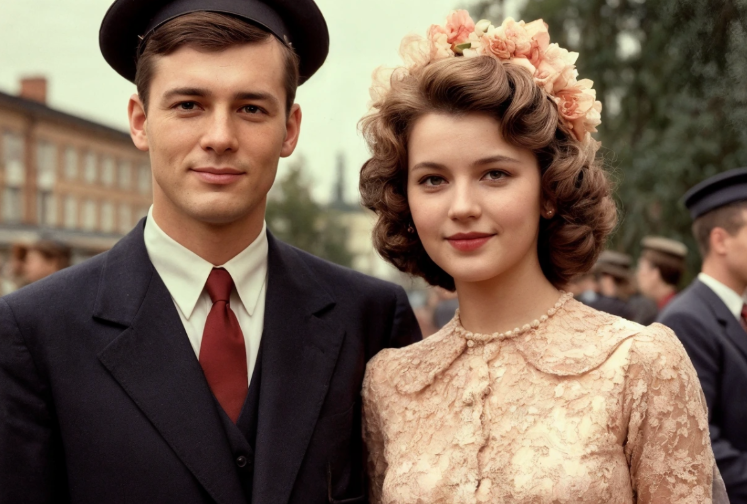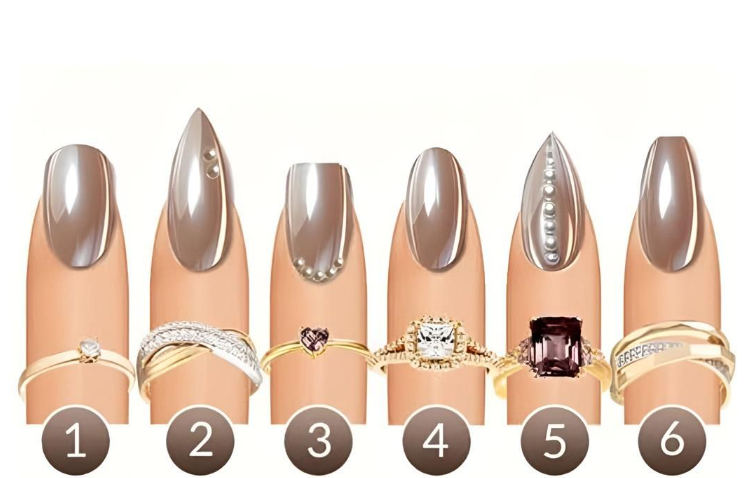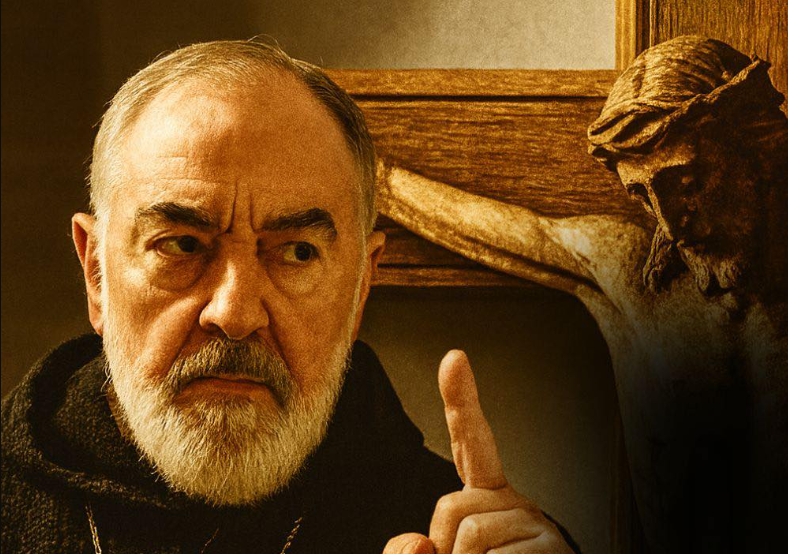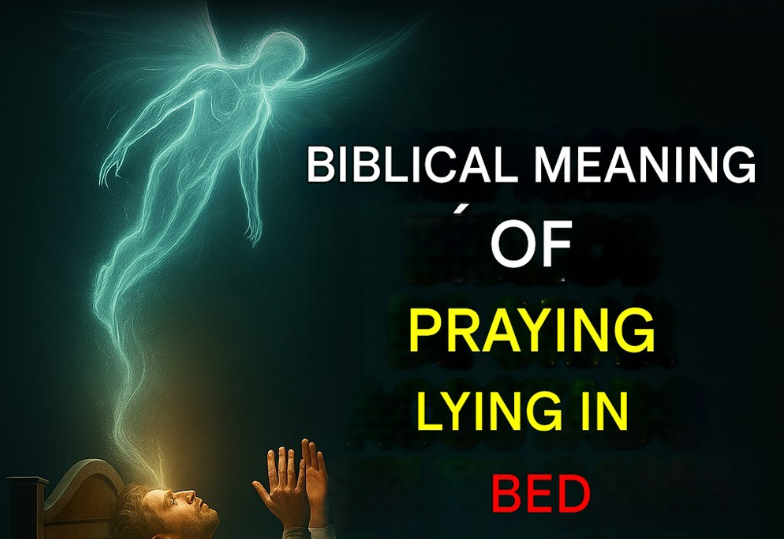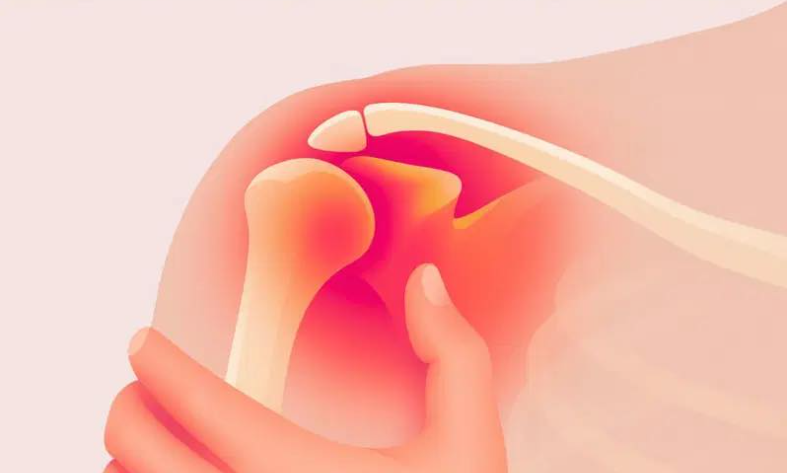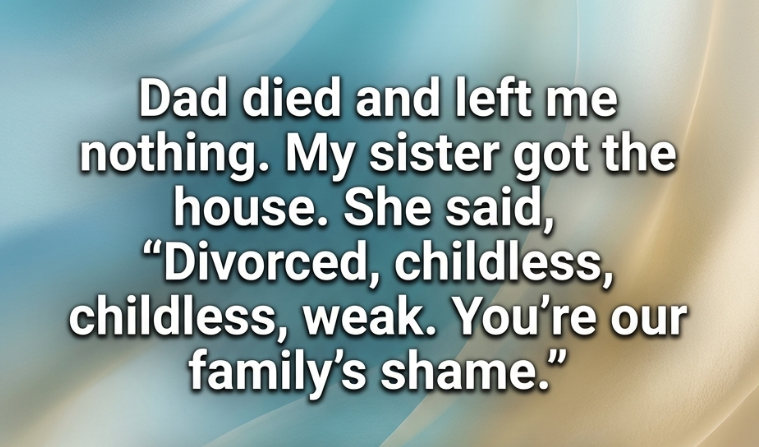Their daughter Lena disappeared in 1990 — on the day of her graduation.
It was a warm June night. The sky shimmered with stars, and the house carried the scent of lilacs and fresh vanilla cake—her mother had baked Lena’s favorite. Dressed in a blue gown, Lena twirled in front of the mirror, laughing, while her father, Nikolay, watched with quiet joy. In that moment, he thought, “This is true happiness.”
But no one knew it would be their last evening together.
After the graduation party, Lena didn’t come home. Not that night, not the next day, nor the week after. They searched for her desperately, but all efforts were in vain. The police shrugged, witnesses contradicted one another, and the only lead—a rumor of a girl seen on the highway—proved false.
Years passed. Olga, Lena’s mother, rarely left the house. Nikolay aged before his time. The flickering hope they once held slowly dimmed.
Then came 2012.
One rainy October afternoon, Nikolay climbed to the attic to tidy up. The air was thick with dust. Around him were boxes of books, toys, and old belongings. He stumbled upon a photo album—the one filled with Lena’s childhood photos: school plays, summer vacations, her first day of school.
Opening it, memories hit hard. There she was in her school uniform, smiling with friends in the courtyard. But one photo stood out. It was unfamiliar—and it hadn’t been there before.
In the picture, Lena appeared to be around thirty, standing in front of a wooden house with mountains behind her. On the back, a message: “2002. I am alive. Forgive me.”
Nikolay’s hands trembled. The album nearly slipped from his grasp.
That moment marked a new beginning—a quest for answers. Who placed the photo there? How had it gotten into the album? Where had Lena been all these years?
Nikolay came downstairs and silently handed the photo to Olga. She took it with shaking hands, examined it—and froze. A fragile hope flickered in her eyes.
“It’s her… This is Lena…”
They stared at the photo for hours. The colors were faded, but clear enough: the house, the mountains, and in the distance, a sign that read: “Gostinica ‘Zvezda’” (Hotel “Star”).
Nikolay brought a magnifying glass. They read the message again: “2002. I am alive. Forgive me. L.”
“She was alive,” he whispered. “For twelve years… and not a word. Why?”
The next morning, Nikolay began his search. Online, he located a hotel by that name—in Kyrgyzstan, in a remote mountain village. Without hesitation, he packed, withdrew his savings, and set off.
The journey was long: trains, transfers, a bus, and finally a rickety minibus winding up the mountains. The air grew colder with altitude. As he neared his destination, Nikolay’s heart pounded.
The hotel stood just as in the photo. An old sign, a familiar facade. Inside, the scent of wood and time lingered. Behind the counter sat a middle-aged woman.
“Excuse me,” Nikolay said, his voice unsteady. “Do you know a woman named Lena? Lena Nikolayeva. Perhaps she stayed here about ten years ago?”
The woman looked closely at him.
“Wait. Are you Nikolay? Her father?”
He froze.
“Yes…”
She stepped forward, opened a drawer, and retrieved a worn envelope labeled: “To Dad. Only if he comes himself.”
Nikolay’s hands shook as he opened it.
“Dad,
If you’re reading this, I was wrong. I ran away in 1990. Not from you—from fear. I got involved with the wrong people. Then it was too late. I was ashamed.
I am alive. I have a son. His name is Artyom. He’s never met you.
I wanted to write many times. But I didn’t dare.
If you came—find me. I’m not far.
Forgive me.
L.”
Tears blurred his vision. The letter trembled in his grasp.
“She lives in a nearby village,” the woman said. “If you want, I can take you.”
Soon he stood at the gate of a small village house. A boy, about ten, played in the garden. Then a tall, dark-haired woman emerged. Their eyes met.
Lena.
They both froze.
“Dad?”
He couldn’t speak. He only nodded. And in the next moment, he was holding her tightly—just like so long ago.
“Forgive me,” she whispered. “I will fix everything. I promise.”
Years passed. Laughter returned to the house. Artyom called Nikolay “Grandpa,” and Olga, for the first time in decades, planted flowers by the porch.
The past still hurt sometimes. But the photo album now stood open on the shelf. On its last page: Lena, Artyom, Nikolay, and Olga.
Caption: “Family is when you find each other. Even after twenty-two years.”
The autumn of 2013 was unusually warm. Leaves drifted slowly, and the air carried scents of apples, dry grass, and something new—hope.
Olga sat on the veranda peeling potatoes with a blanket over her lap. Inside, Artyom called:
“Grandpa, did you really drive a tractor?”
“Of course! And I was the best driver in the district!”
Artyom loved his stories—of a life before smartphones, when every day was like an adventure.
Lena stepped out onto the porch.
“Lunch is ready! Artyom, go get Grandpa.”
Nikolay joined her and looked at his daughter.
“You know… every day I fear I’ll wake up, and you’ll be gone again.”
Lena lowered her gaze.
“I feared you wouldn’t accept me. Wouldn’t forgive me.”
“Silly girl,” he said softly. “How could I not forgive my daughter?”
One day, Olga found a leather diary in the attic. It was Lena’s, from the years she’d been gone.
She almost closed it. But instead, she opened it at random.
“I worked as a cleaner, then in kitchens. I lived in a corner with an old woman and her cats. Sometimes I felt like I had already died. I wanted to go home. But I didn’t have the strength.”
“When Artyom was born, I felt needed. I swore: if I get a chance, I’ll go back. Even after twenty years.”
Olga sat for a long time. Then she made tea and silently hugged her daughter.
“Don’t disappear again. Promise me.”
Lena nodded, unable to speak.
Months later, a man appeared. Tall, with graying hair and weary eyes. Nikolay opened the door and knew instantly—this man was part of their past.
“Hello. I’m Stanislav. I… knew Lena. In 1990. I’m sorry.”
They sat outside. Later, Lena came out, saw him, and turned pale.
Stanislav explained he was the boy Lena had fallen for that night. He had promised her freedom, then abandoned her when life became hard. He had only recently learned she had a son.
“I don’t ask for forgiveness. I just wanted you to know—I didn’t forget.”
Lena was quiet for a long time. Then said:
“Now we can move on. I forgave long ago. Not for you. For myself.”
Stanislav left. With him, the last ghost of the past faded.
New Year came with laughter. Artyom pasted new photos into the album—school events, fishing trips with Grandpa.
On one photo, he wrote: “Family is not who always stays. It’s who comes back.”
Years passed. Artyom turned fifteen, grew taller than his mother, wore glasses, and found a passion for photography. He called his work “traces of life.”
Nikolay could no longer chase him around. But each morning, he sat by the window with tea, watching Artyom leave with his camera.
“We have a real artist,” he said. “Only he paints with light.”
Lena began teaching literature at the local school. The students respected her. Life had rhythm again.
But time moves forward.
One spring morning, Nikolay didn’t wake up.
He passed peacefully. On his nightstand was a photo: Lena in her graduation dress beside young Olga.
Artyom, standing in the garden, held the album. On the last page, he added a new photo: Nikolay with him on his lap.
Caption: “You taught me to remember. Thank you, Grandpa.”
More time passed.
Artyom entered a photography and journalism program in Moscow. He wrote letters home. Always began:
“Hi Mom. I miss you. I remember.”
A year after Nikolay’s passing, Olga passed too. Lena stayed in the house, surrounded by memories and visited every holiday by her son.
One spring, she took out the 2002 photo.
On the back, she added: “Now I truly live. And I think I have finally forgiven myself.”
By 2025, Artyom returned home with a new purpose: to write a book. About his family, their story, and the girl who came back after twenty-two years.
He opened the album. First page: Lena as a child. Last page: Artyom and Lena under the apple tree.
He wrote: “The story doesn’t end if someone remembers it. This is our story. The story of return.”
He often visited the house but never moved back. The apple tree still bloomed. He cared for it, called it “the tree of memory.”
He found an old letter dated 1990. Lena had written:
“If you’re reading this, I’ve left. Don’t look for me. Forgive me. I’ll return when I deserve your forgiveness.”
He placed it beside the 2002 letter. They mirrored each other—departure and return.
Lena aged gracefully. She no longer blamed herself. She forgave. What she could give, she gave. The rest—she left to time.
She and Artyom often sat in silence. He asked about the past.
“I thought I was running toward freedom,” she said. “But I was running from myself. Yet… if I hadn’t run, you wouldn’t exist. And without you, I wouldn’t have survived.”
In 2026, Artyom published a book titled Photo Album. It was real: letters, photos, Lena’s words, Olga’s diary, Nikolay’s stories. It reached thousands.
Lena once spoke at a presentation:
“Thank you for remembering us. Because when we are remembered, we are alive.”
Autumn 2030.
Lena passed quietly, like her father. Artyom found her in her chair, a book in her lap, the first photo in her hands.
He buried her beneath the apple tree, next to her parents.
On the tombstone:
“Nikolay, Olga, Lena. The Nikolayev Family.”
He added:
“They found each other. And I found them.”
He stood. And moved forward.
Years passed. Artyom lived in St. Petersburg. He had a studio, students, exhibitions. He said:
“I just catch the breath of time.”
In his studio, a locked cabinet held the old album, letters, herbs. He opened it only when he missed them.
One spring, he returned again.
The house had changed. But the garden hadn’t. The apple tree bloomed.
He walked barefoot across the grass. Stood under the tree. Raised his camera. Took one last photo.
He didn’t print it.
Because everything important had already been captured.
He sat on the bench and closed his eyes.
And he heard it—faint footsteps, soft laughter, a kettle boiling.
And he knew:
No one really leaves.
They become silence, wind, light between the leaves.
And if you remember—they are with you. Always.
